This autumn we are getting back into the habit of hosting our Live To Vinyl events. Here is a little preview of what’s to come by Gavin, our Partnerships Director:
“I’ve been around the block and it’s safe to say it doesn’t get much better than Live to Vinyl at Metropolis. We turn the typically “sacred artist space” completely on its head by inviting unsuspecting music fans behind the scenes to experience the exhilarating tension of acts we all love, put under the spotlight recording their tracks directly to lacquer in real-time, no digital processing, no margin for error.
Guests learn about the cutting process in Mastering, witness the vinyl cut from Music Control, participate in an intimate Q&A with the band, and get an additional set of bonus tracks performed for their ears alone before heading back to our bar for a beverage with the band.
This year, we also scored a whopper by securing Jack Daniel’s as our 2024 Live to Vinyl campaign partner, a brand with a rich music heritage and a team on a mission to support four incredible acts. JD will take over our bar for all four shows featuring Ezra Collective and Pale Waves in September, and Maverick Sabre and Nova Twins in October.
And don’t forget, the campaign concludes with the ultimate keepsake, the physical vinyl release captured at each session, manufactured from lacquer and made available to purchase for your record collection.”
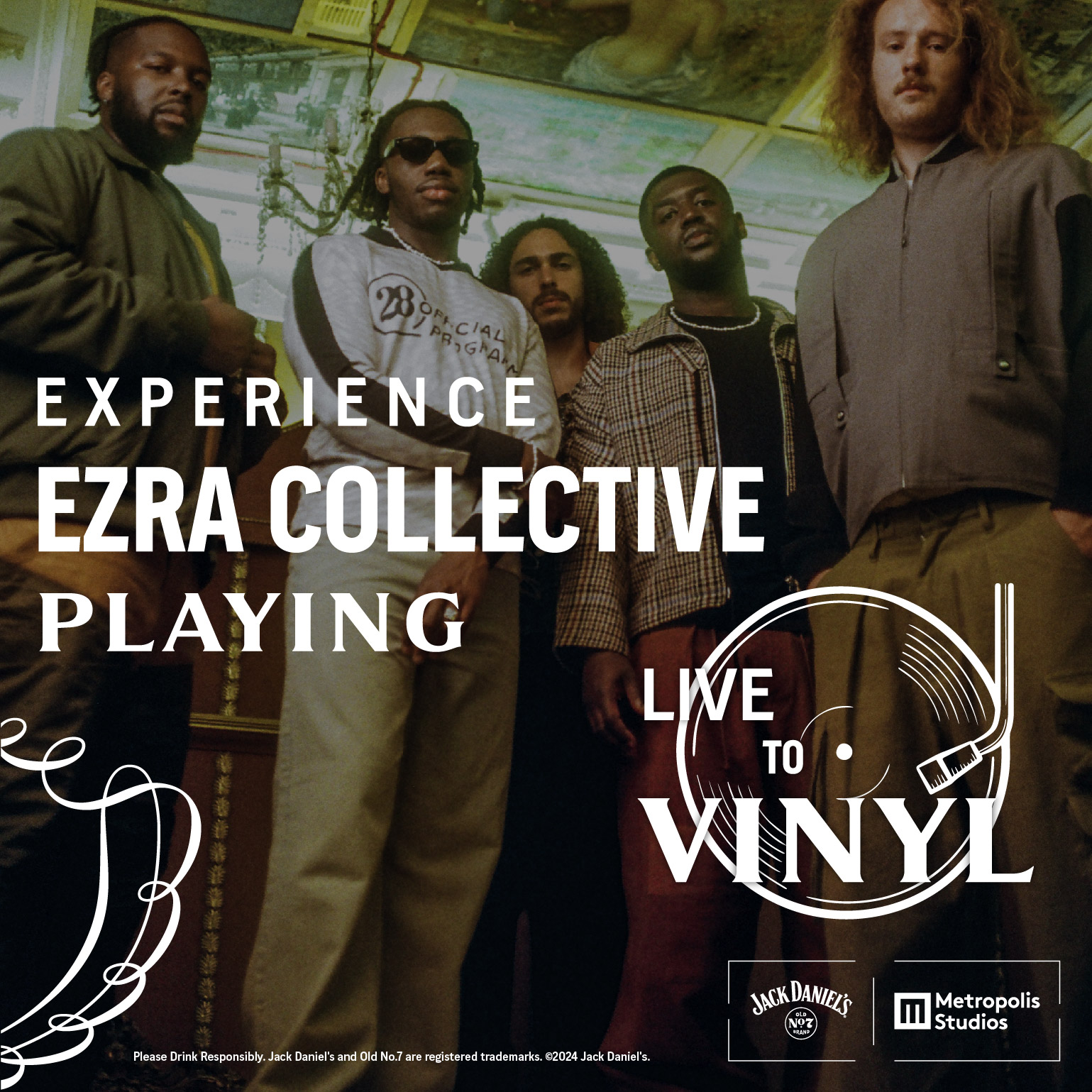
Longtime friends of Metropolis, Ezra Collective, will kick off the new Live to Vinyl series on September 7th. Stuart Hawkes recently finished mastering the band’s forthcoming album ‘Dance, No One’s Watching’, set for release on September 27th on Partisan and will be cutting the lacquers live on the night.
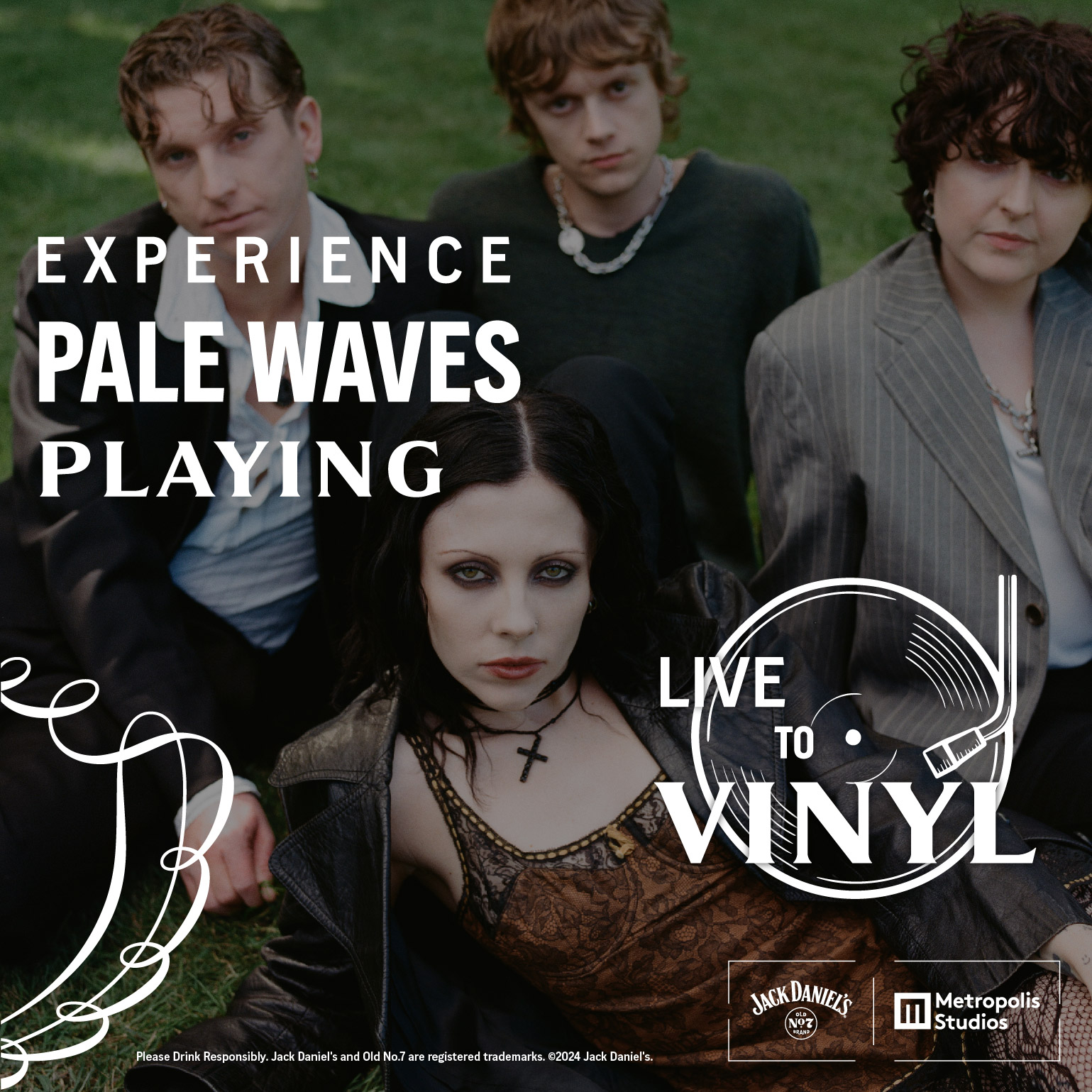
Next up to test their nerves in Studio A on September 14th are Dirty Hit label aces Pale Waves who also release their new album ‘Smitten’ on September 27th. Will they be recording fresh tracks for their exclusive Live to Vinyl release or revisiting an old favourite? We’ll just have to wait and see.
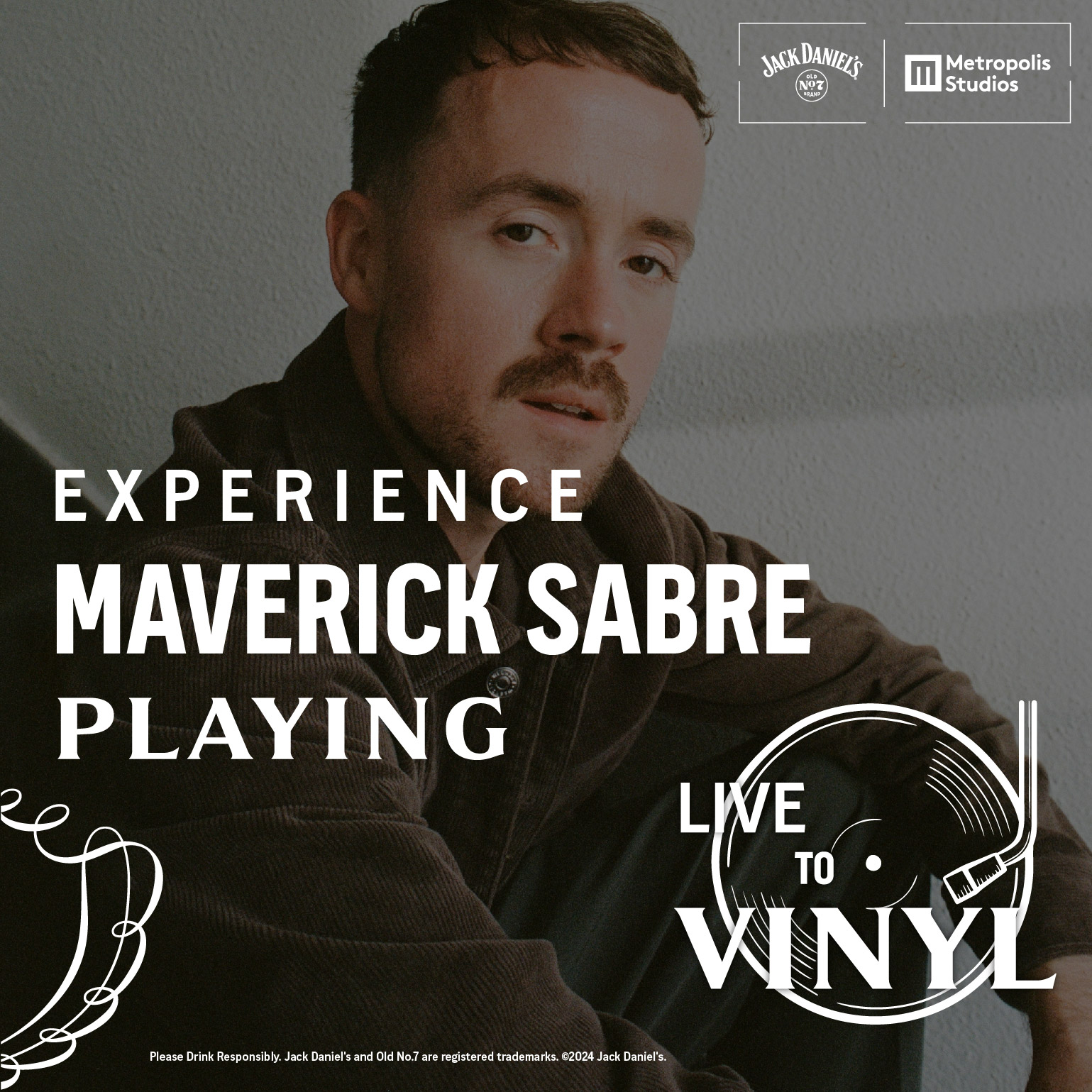
Following his incredible appearance with Vintage Culture at the studio back in May which took our socials by storm, Maverick Sabre confirmed he’d love to experience Live to Vinyl himself so that was a no-brainer for all involved. He will be back performing with his outstanding band, no details yet of the material but we suspect something new.
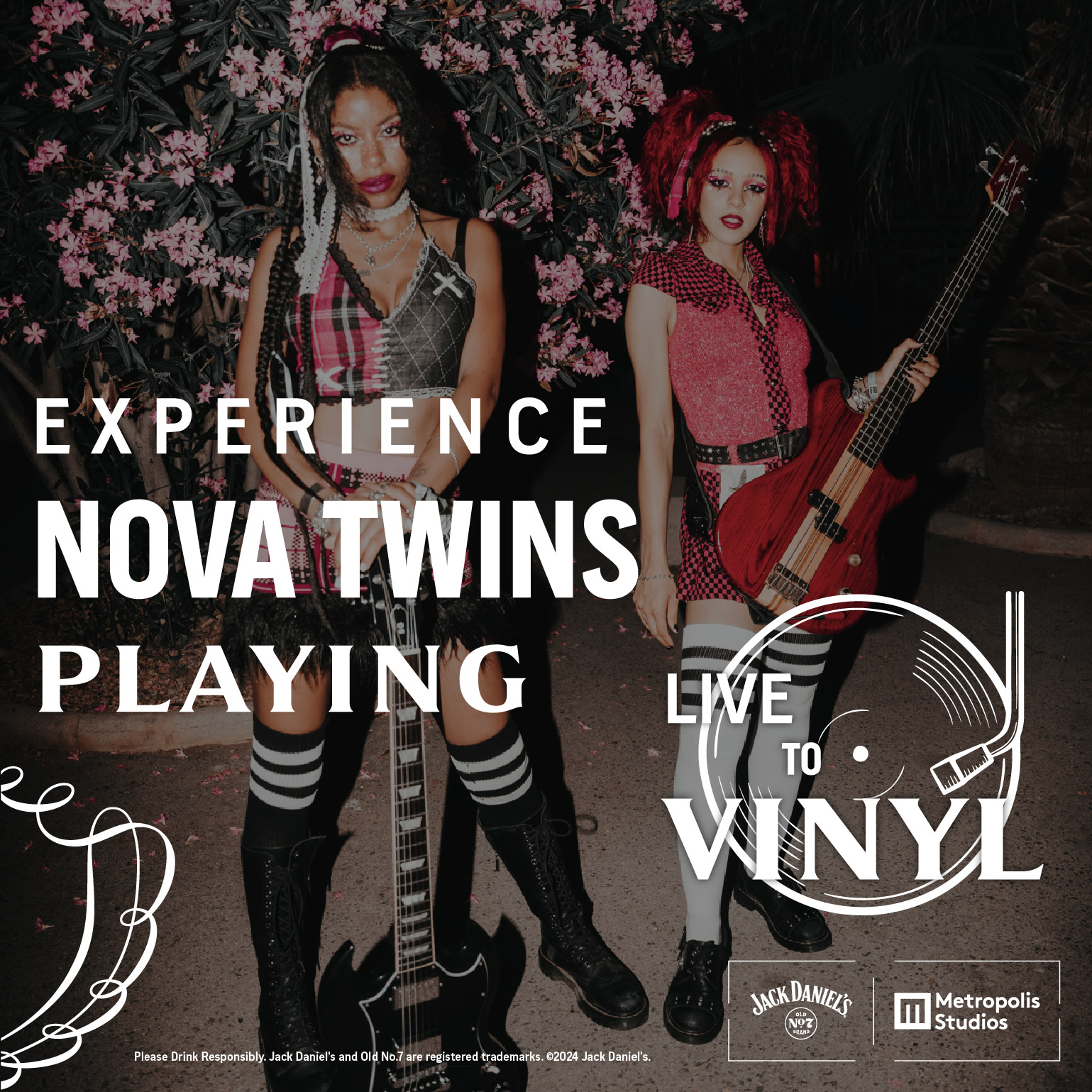
And finally, on October 19th, Nova Twins will bring their signature energy to Studio A after a triumphant summer touring European festivals and the US supporting Foo Fighters. Get ready for a mix of old favourites and brand new tracks, all recorded straight to vinyl with our engineer Alex Robinson.
Stay in the know
Sign up to our email to be up to speed with what’s going on in at Metropolis.


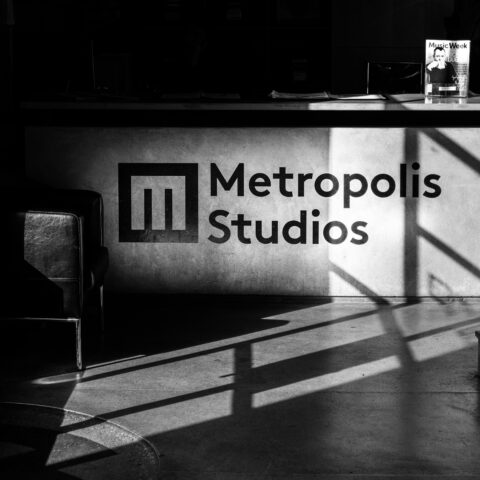
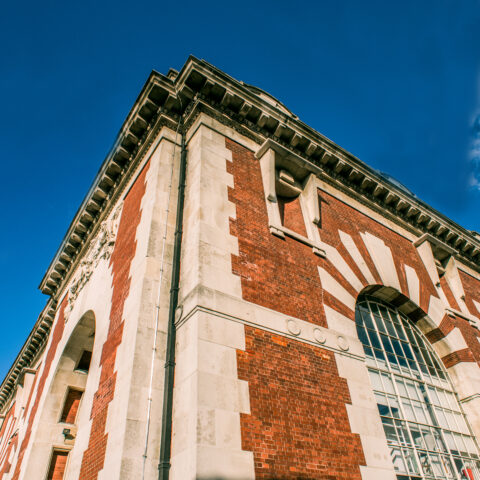



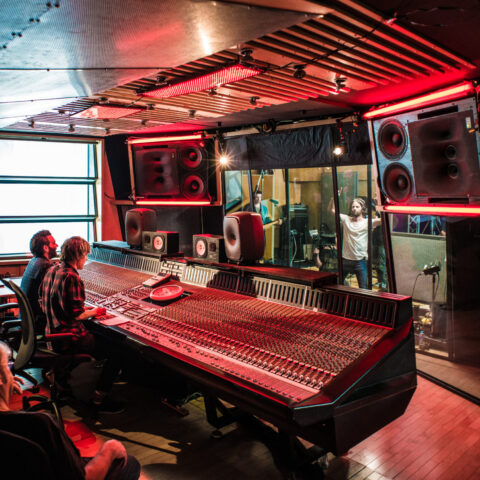
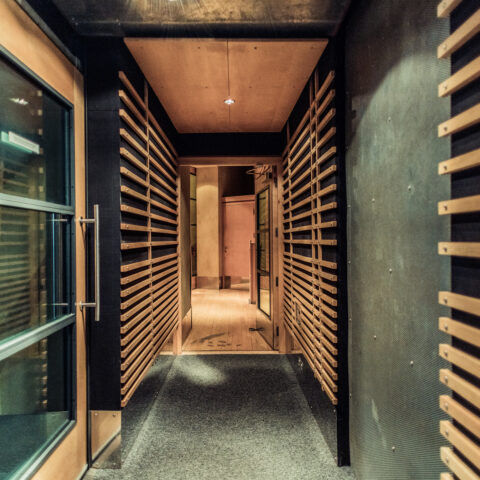
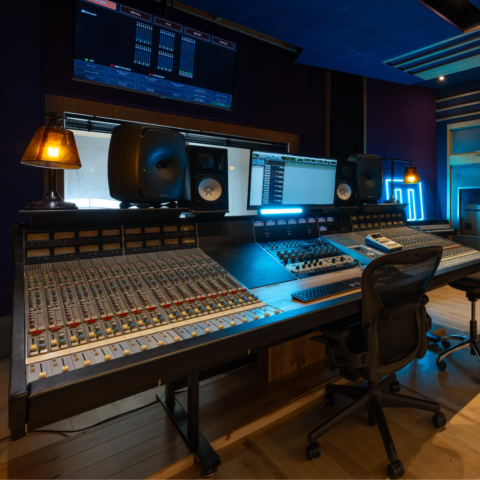
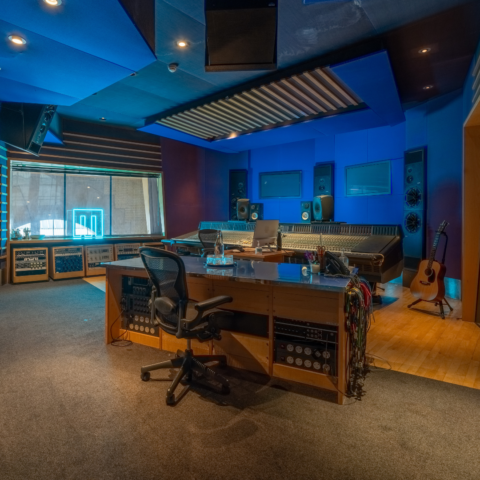
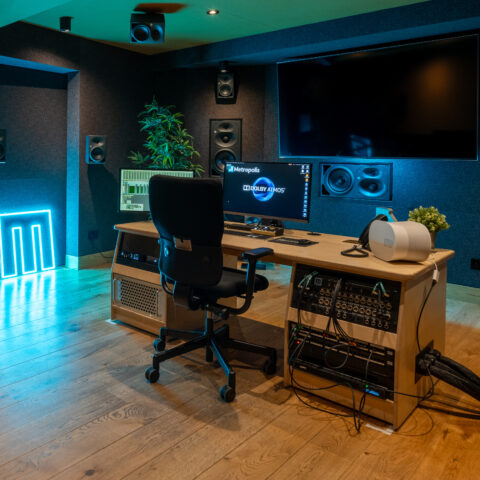
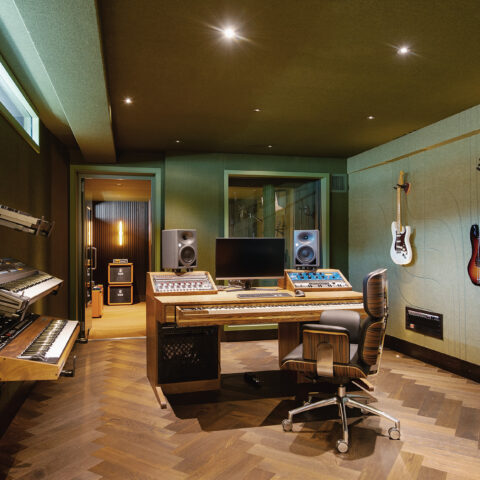
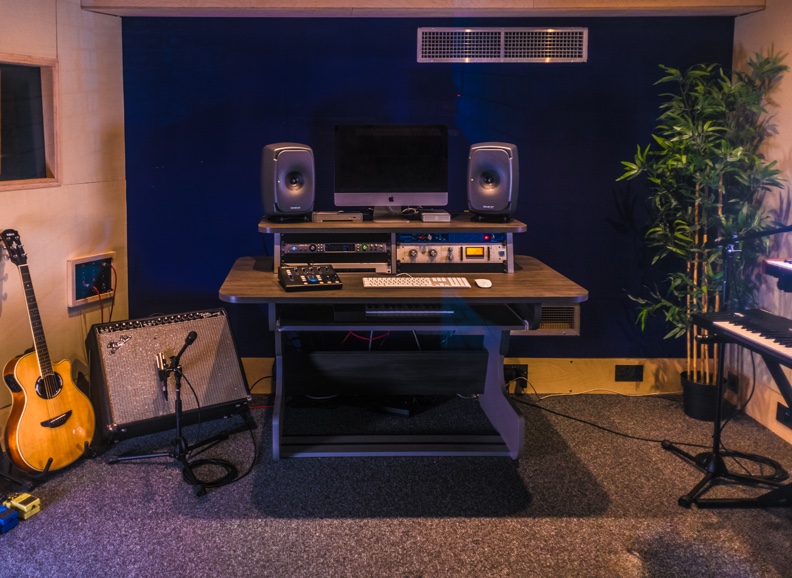








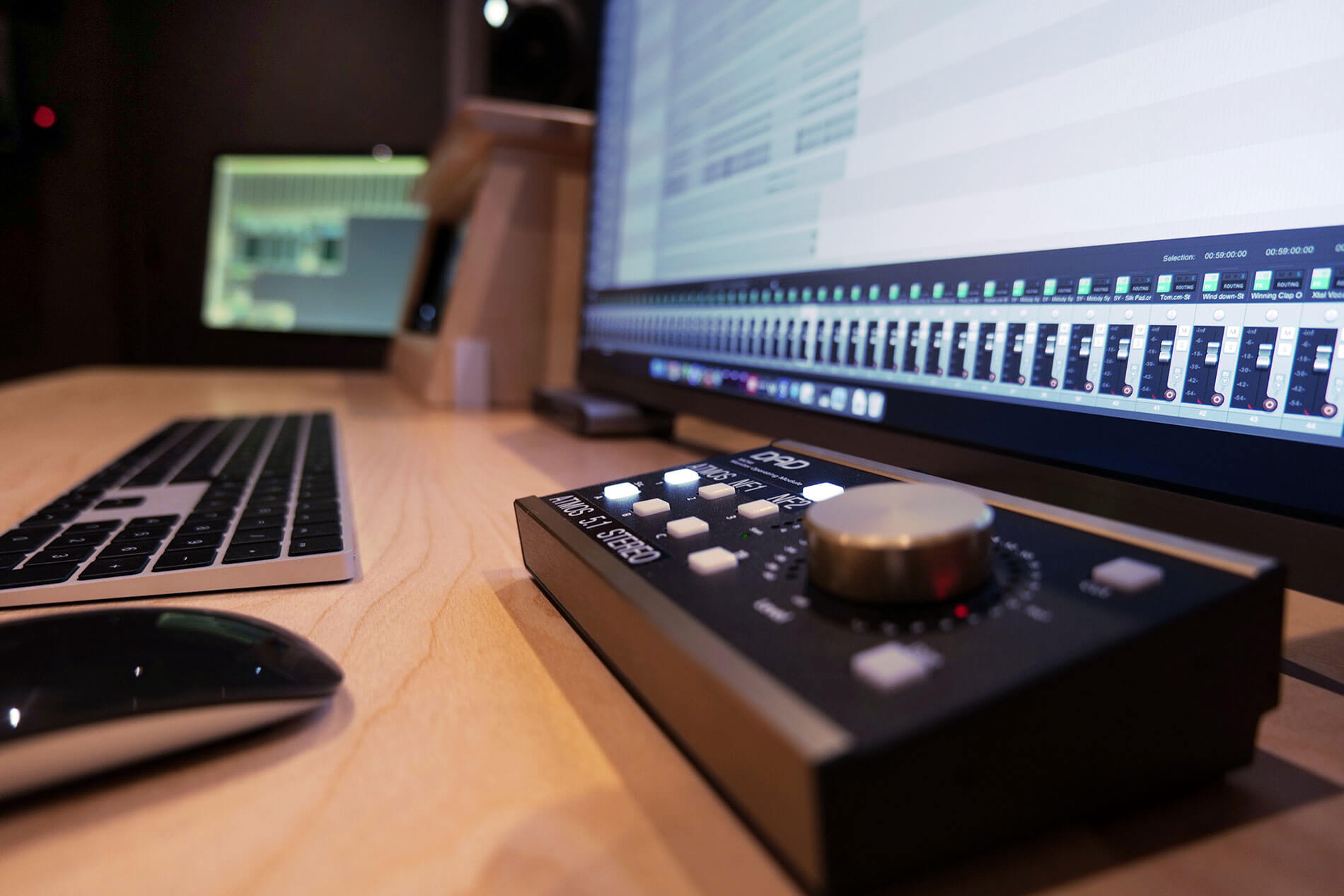
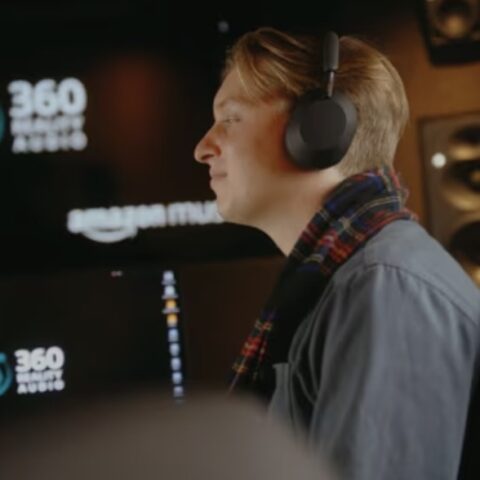
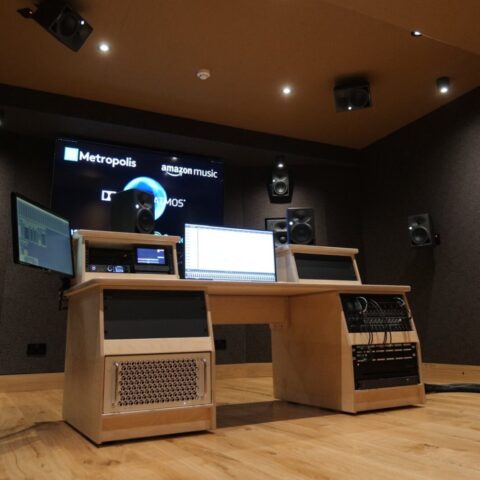
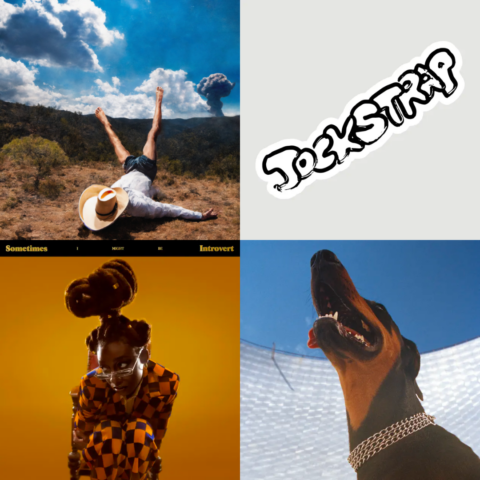


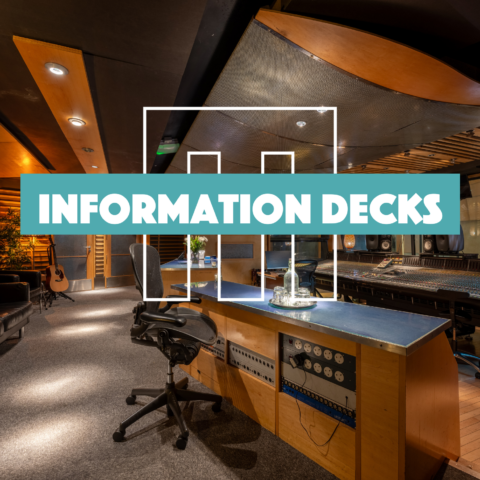




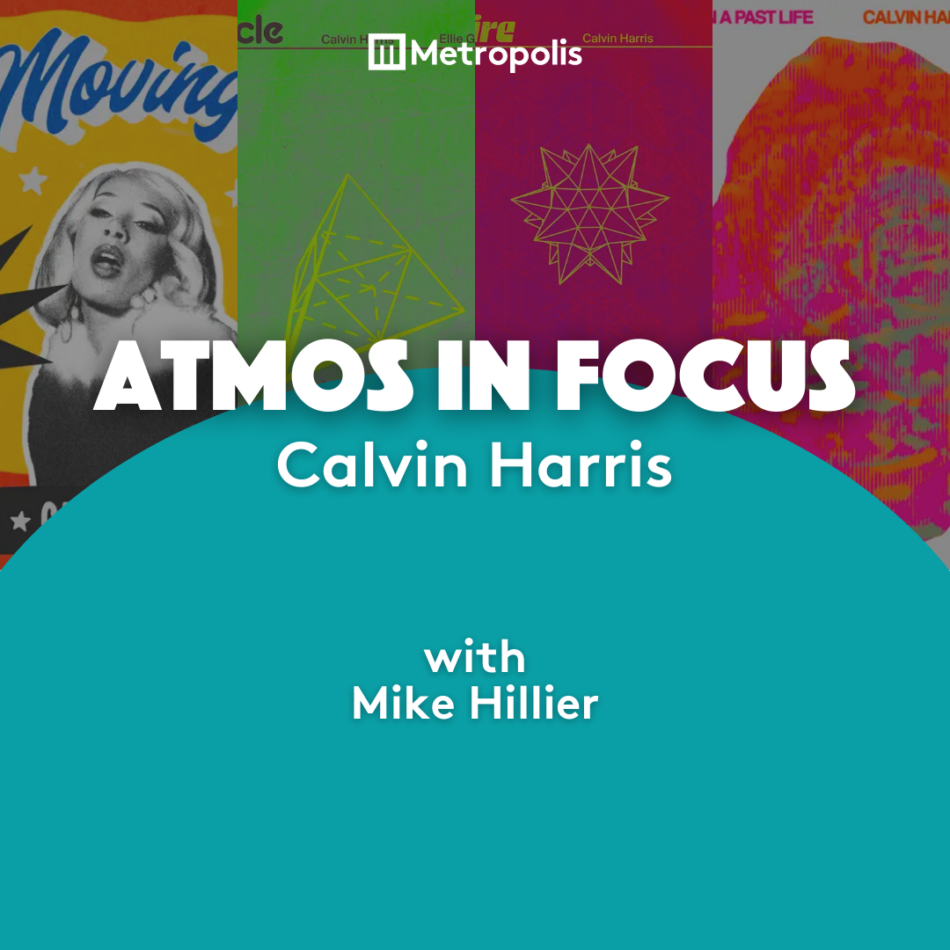

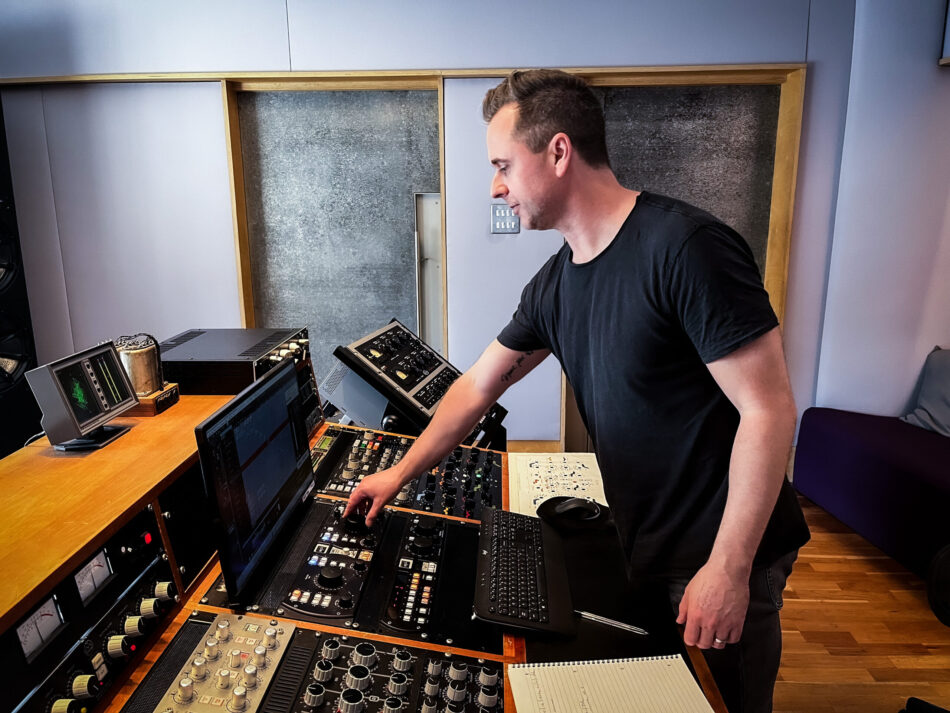
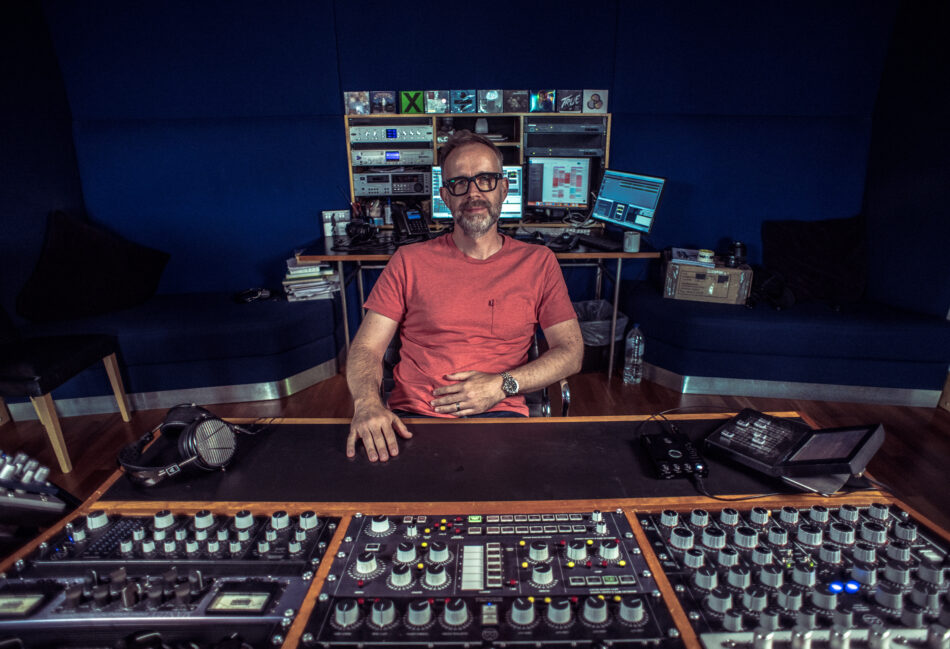
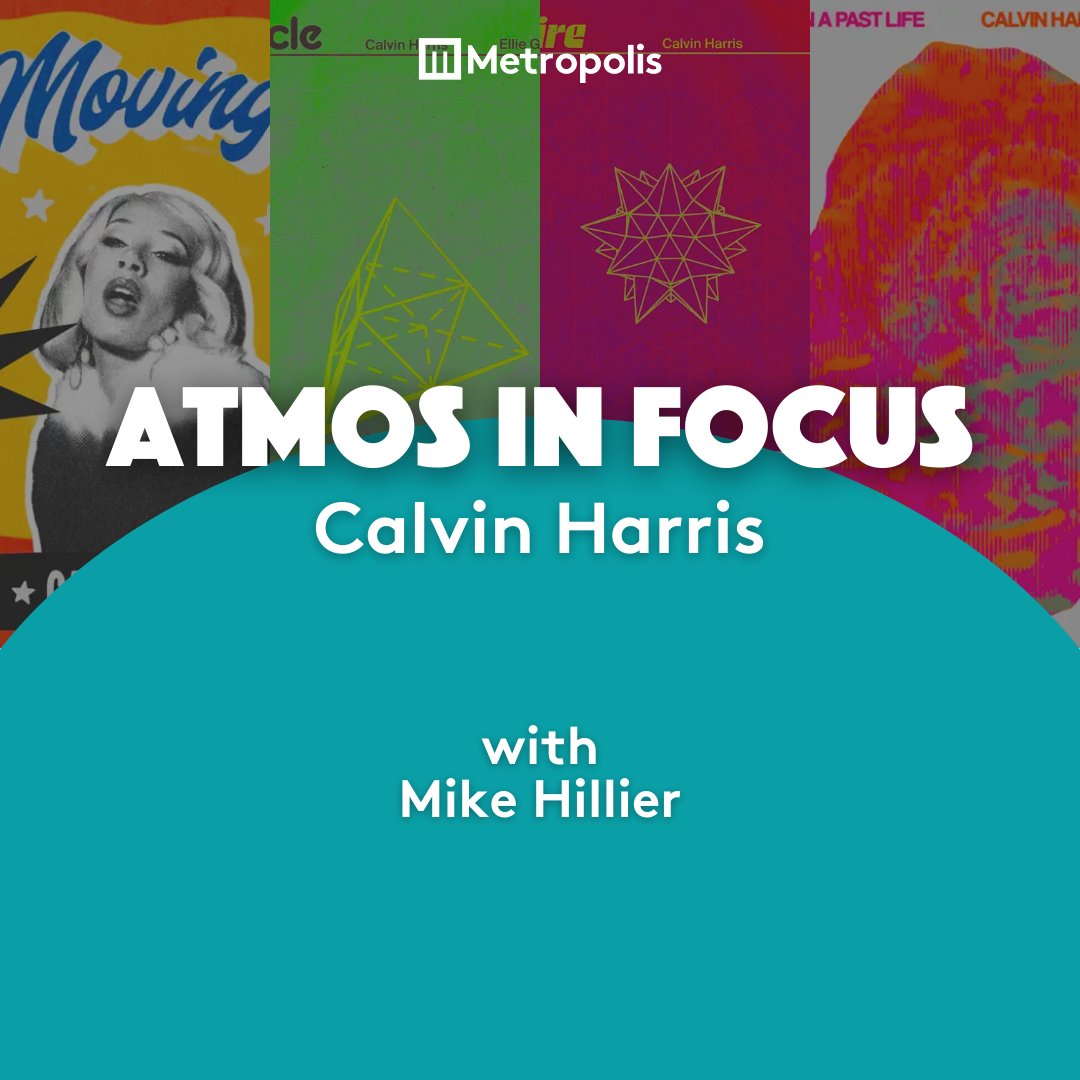
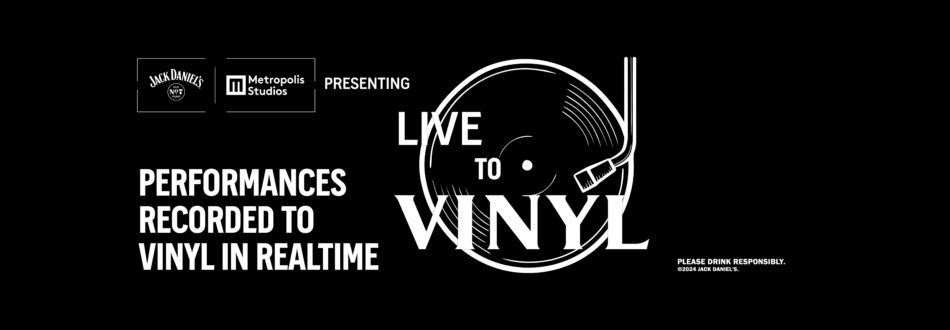
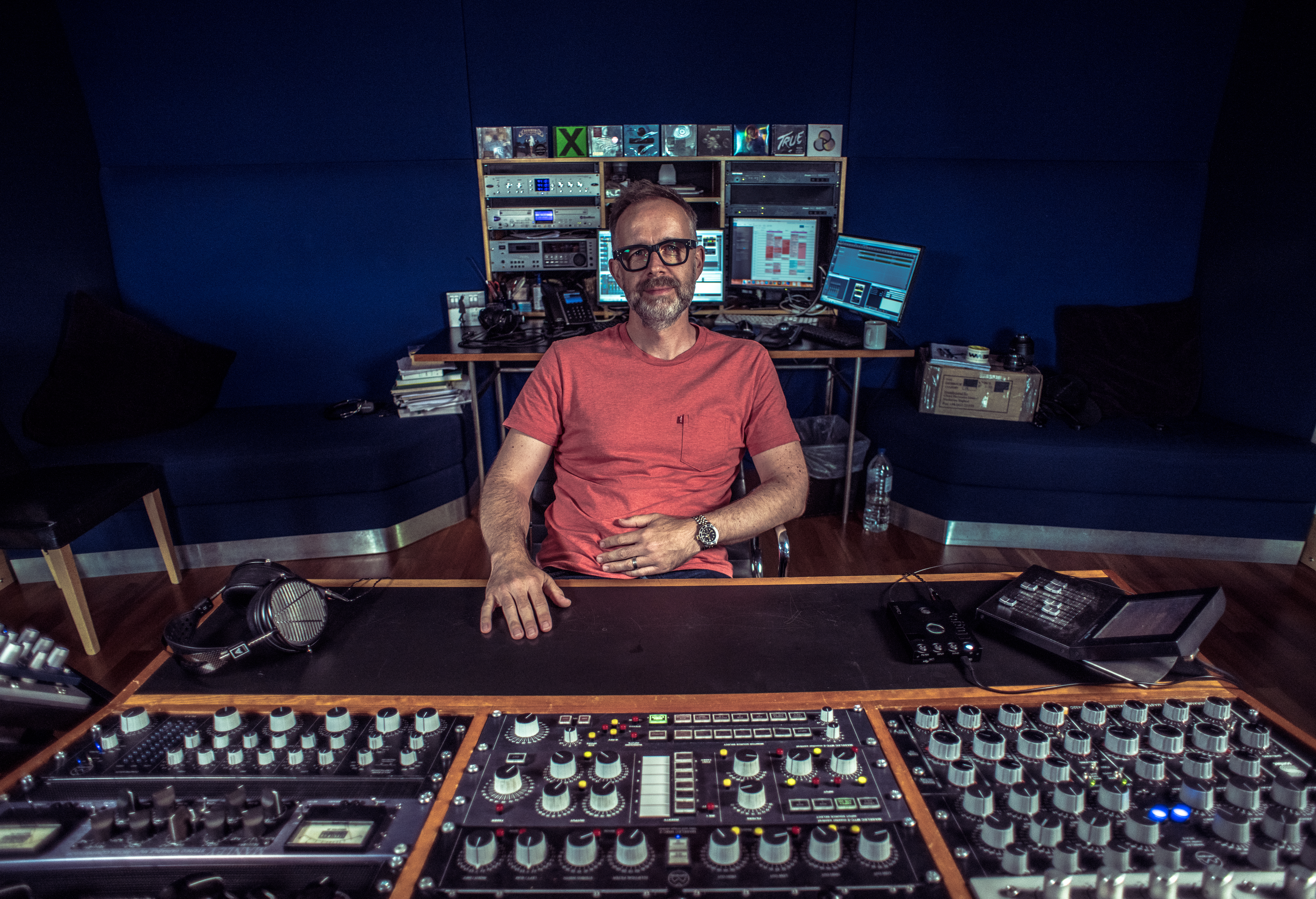

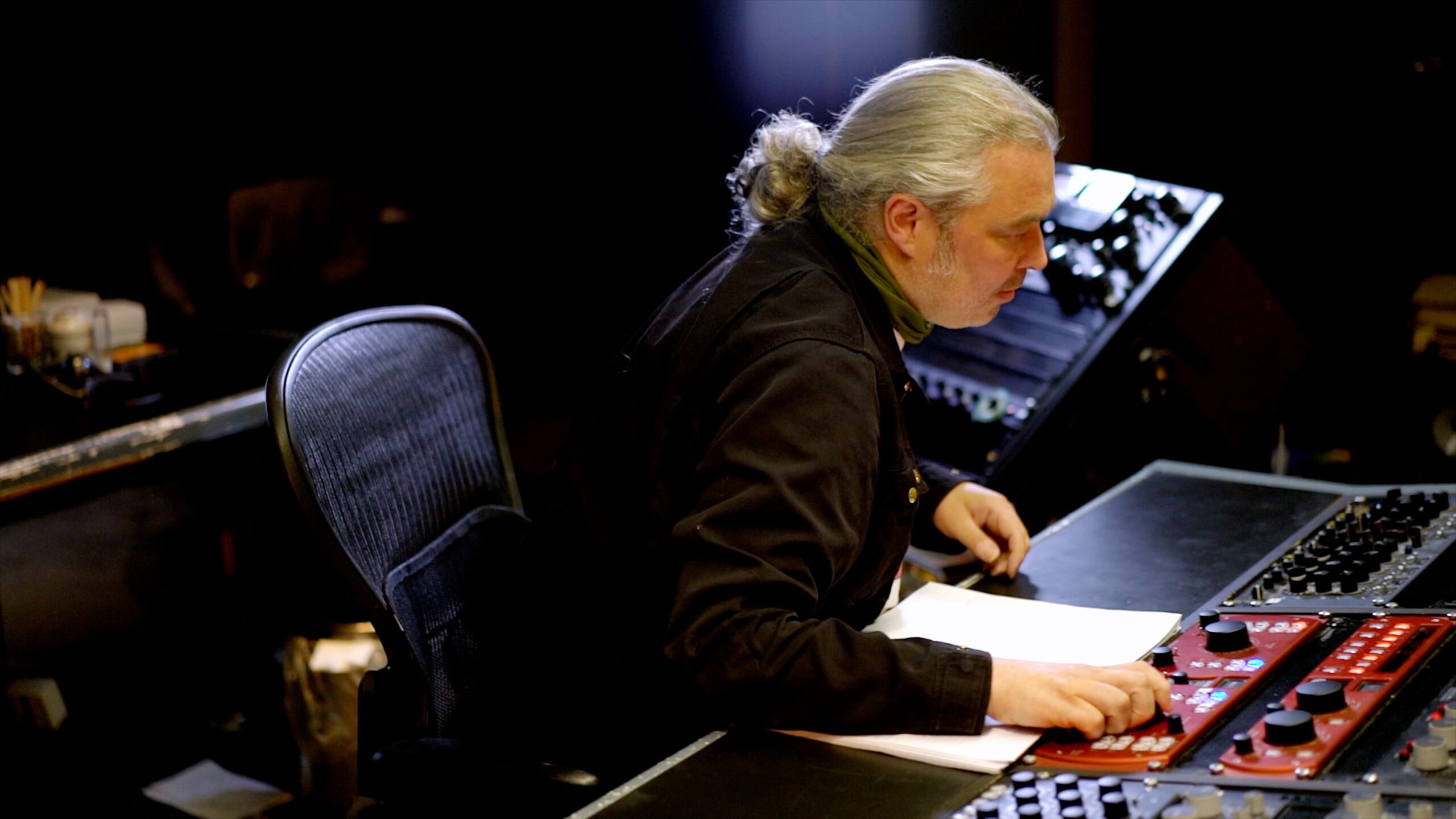

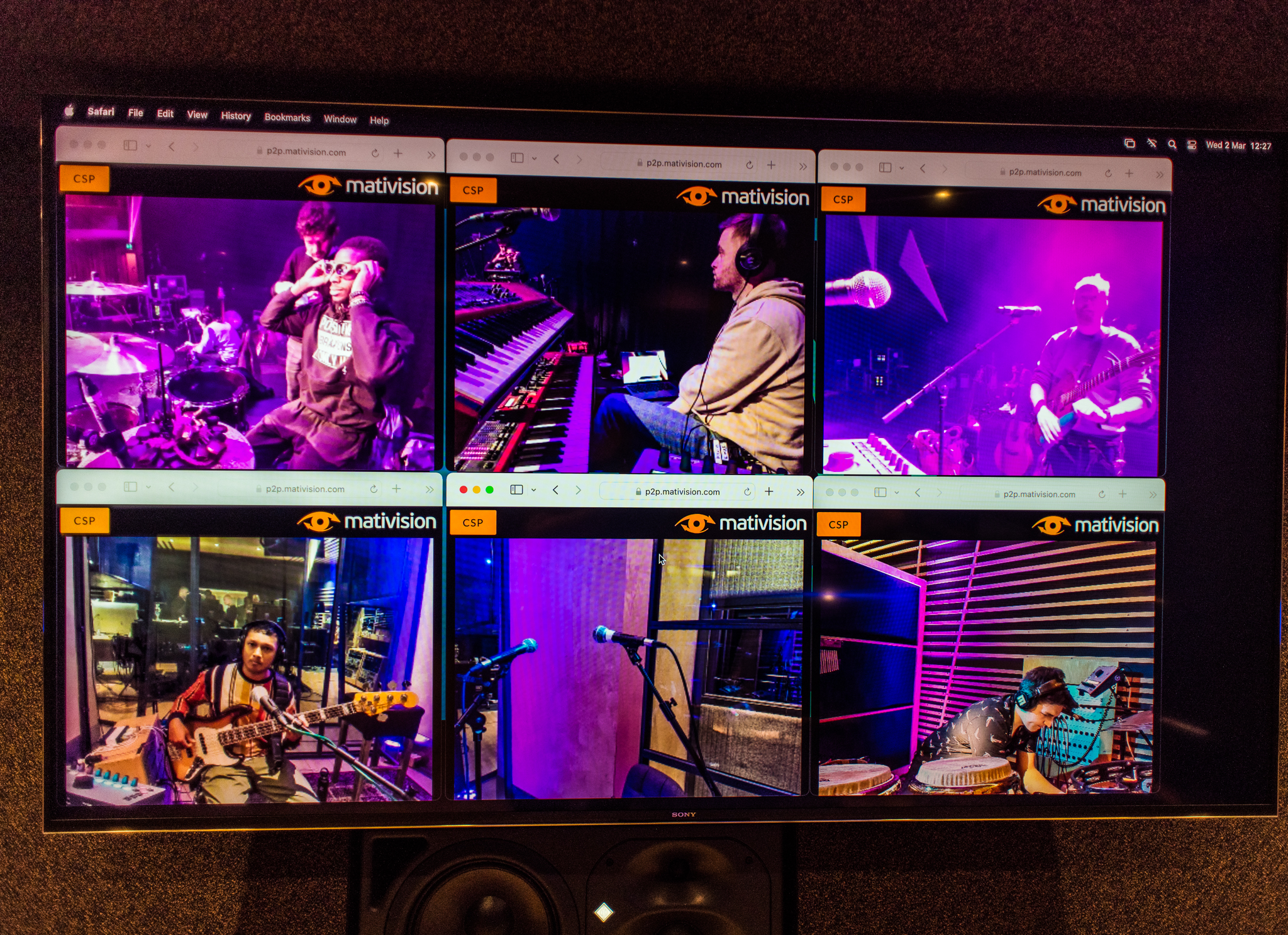

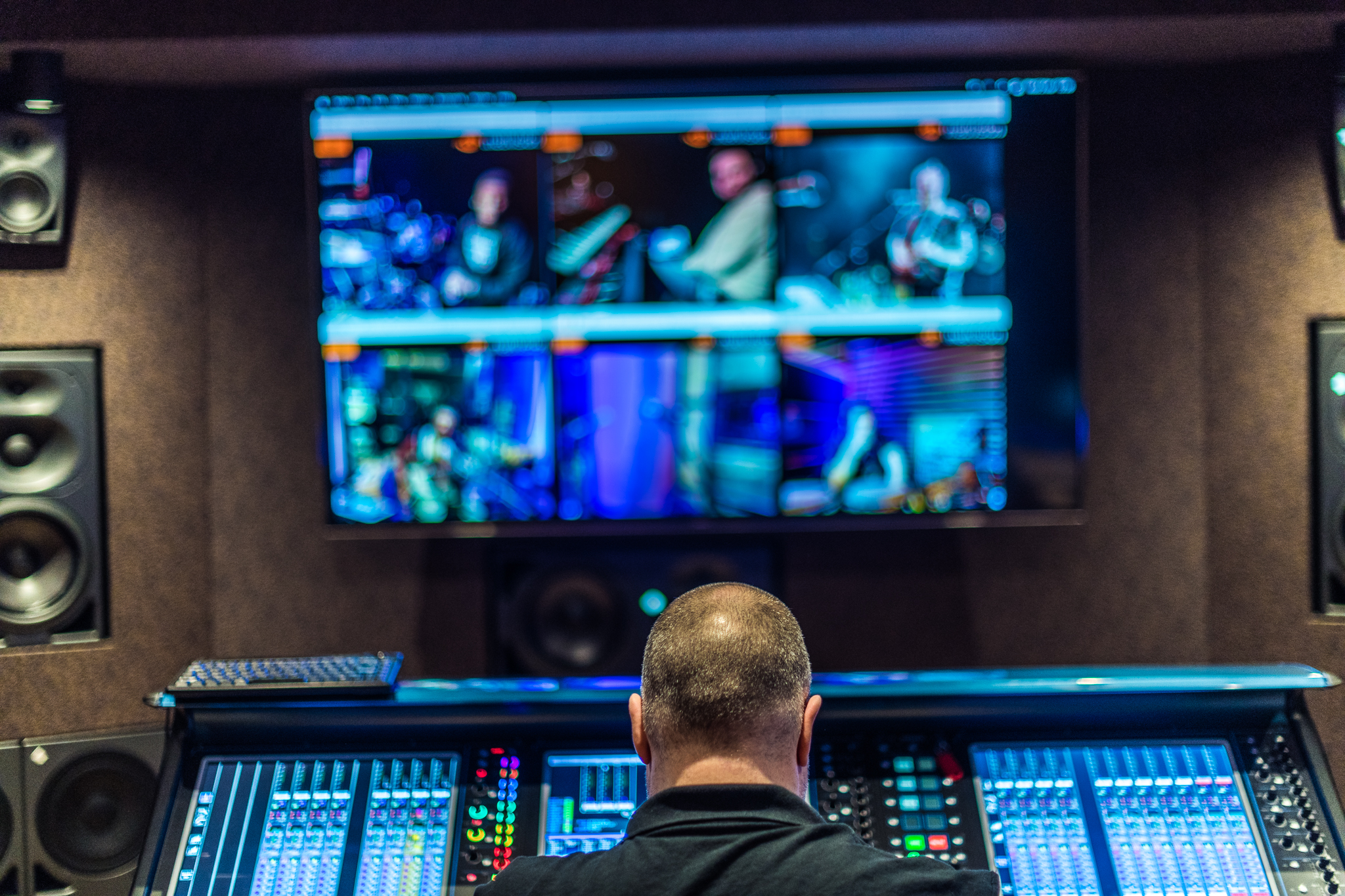
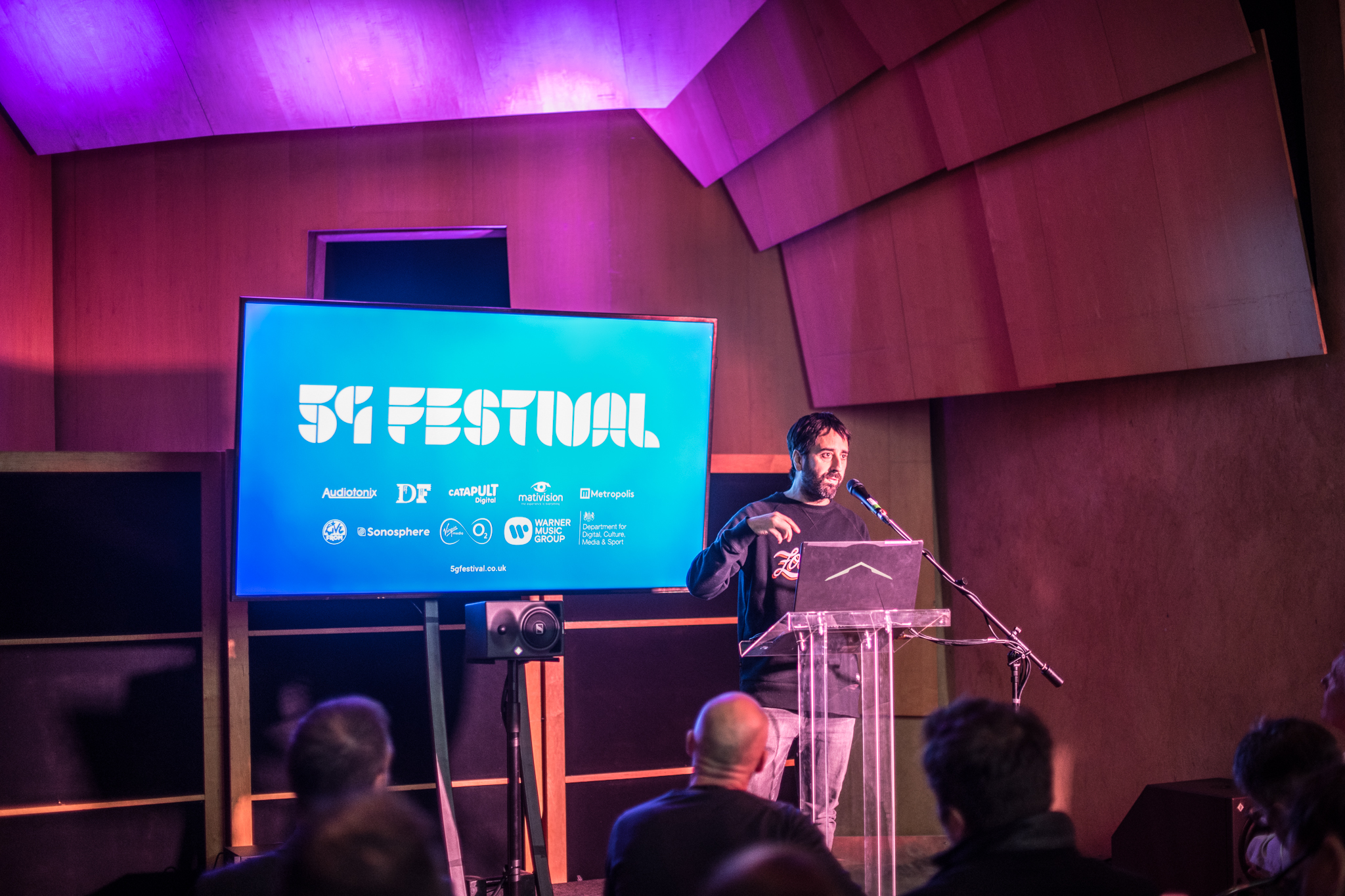




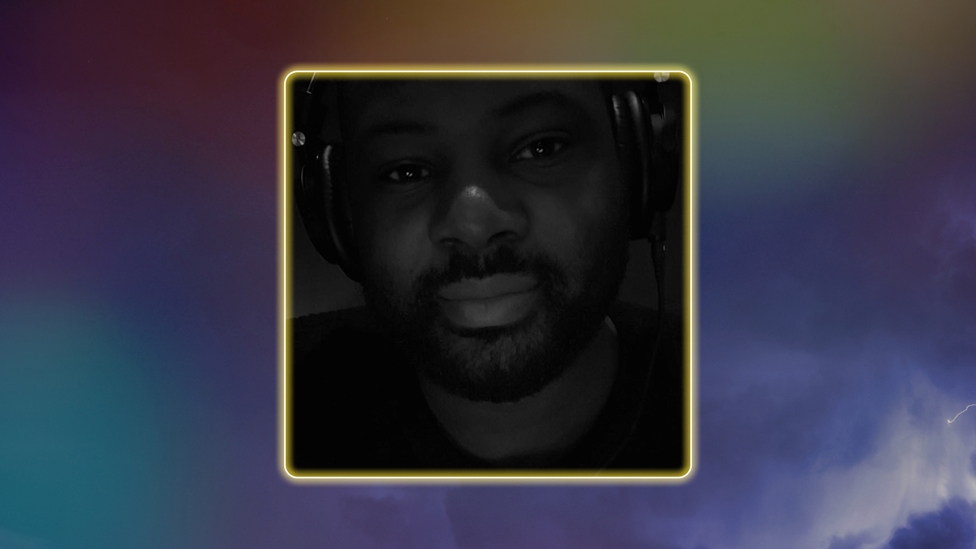
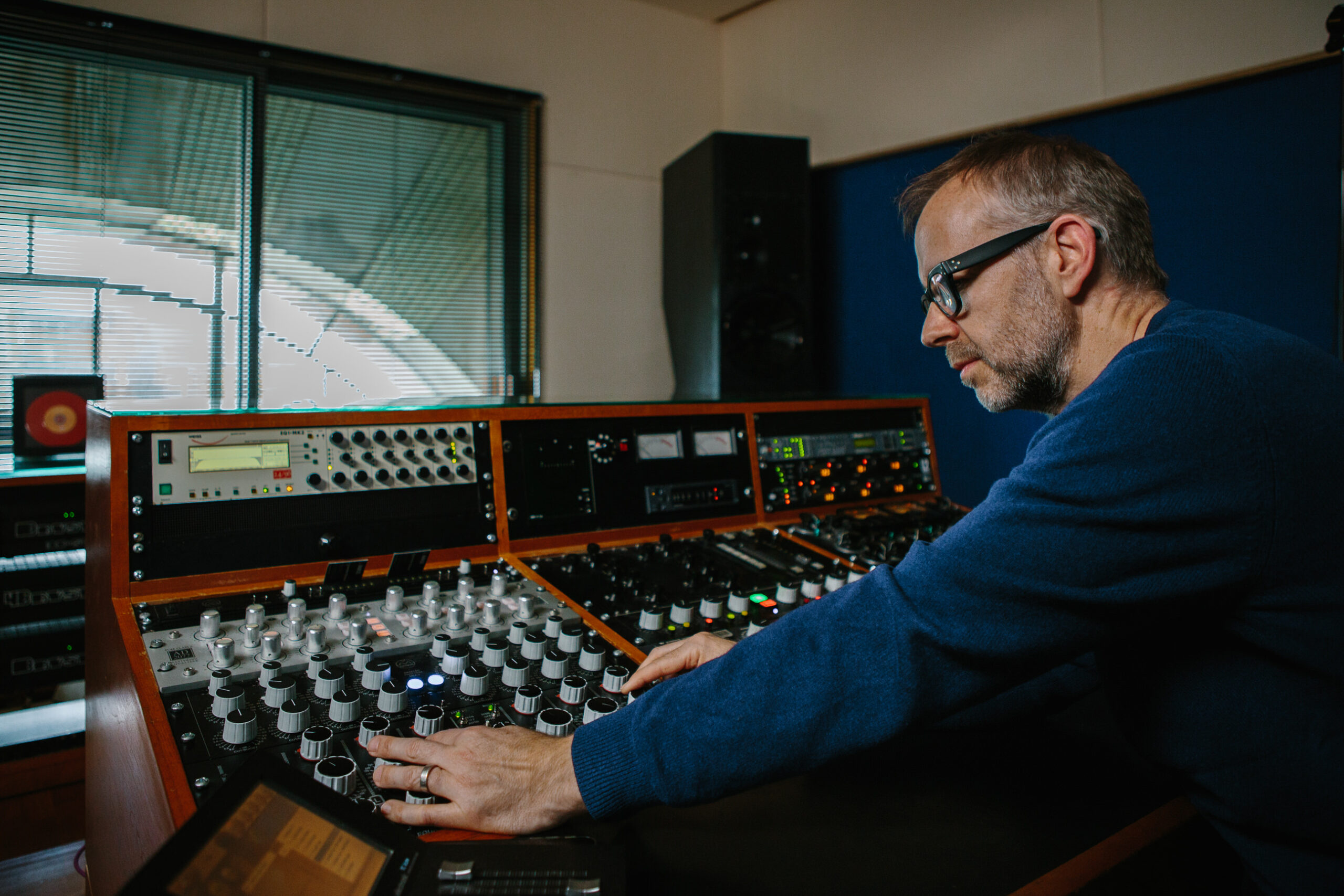
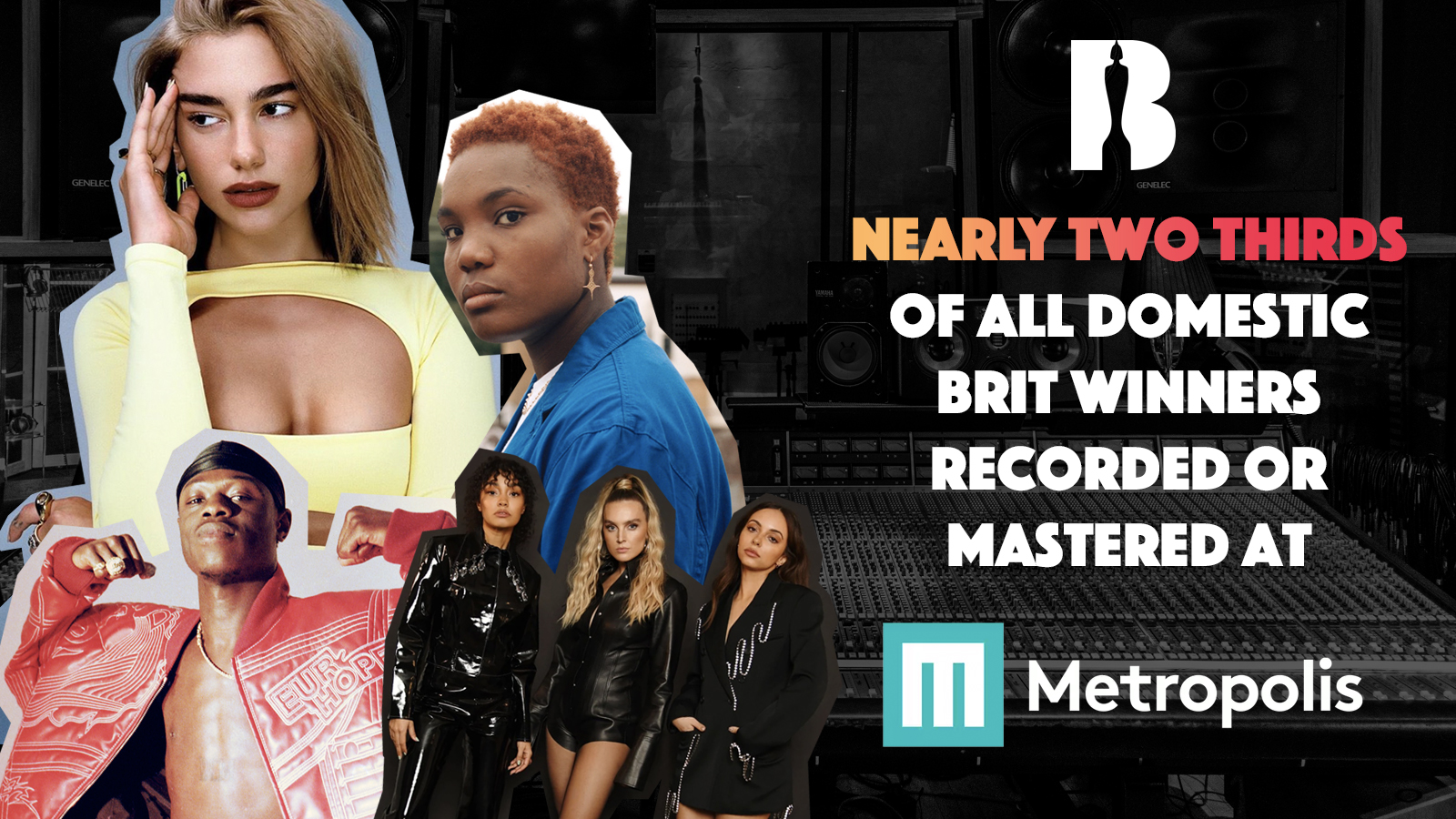



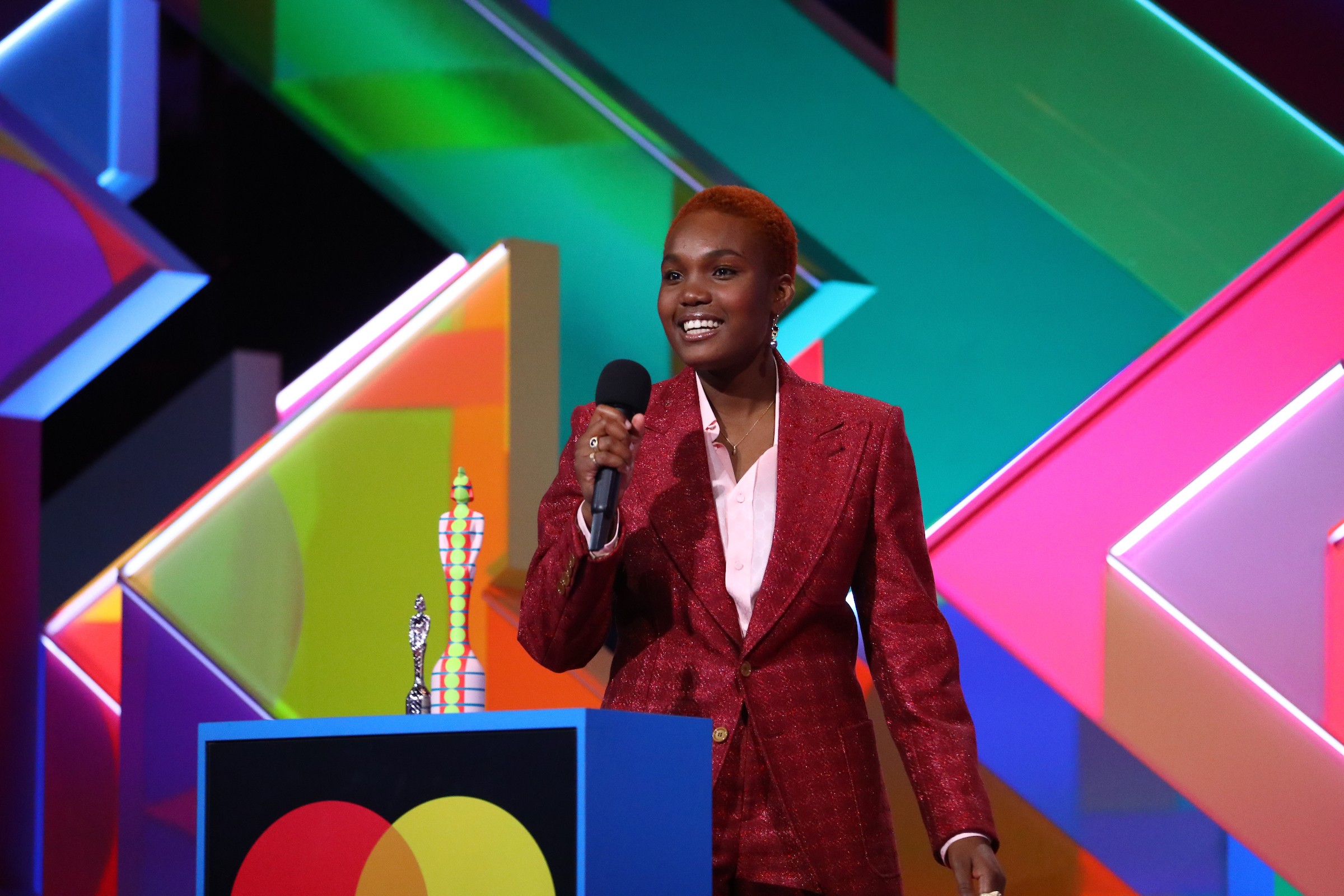
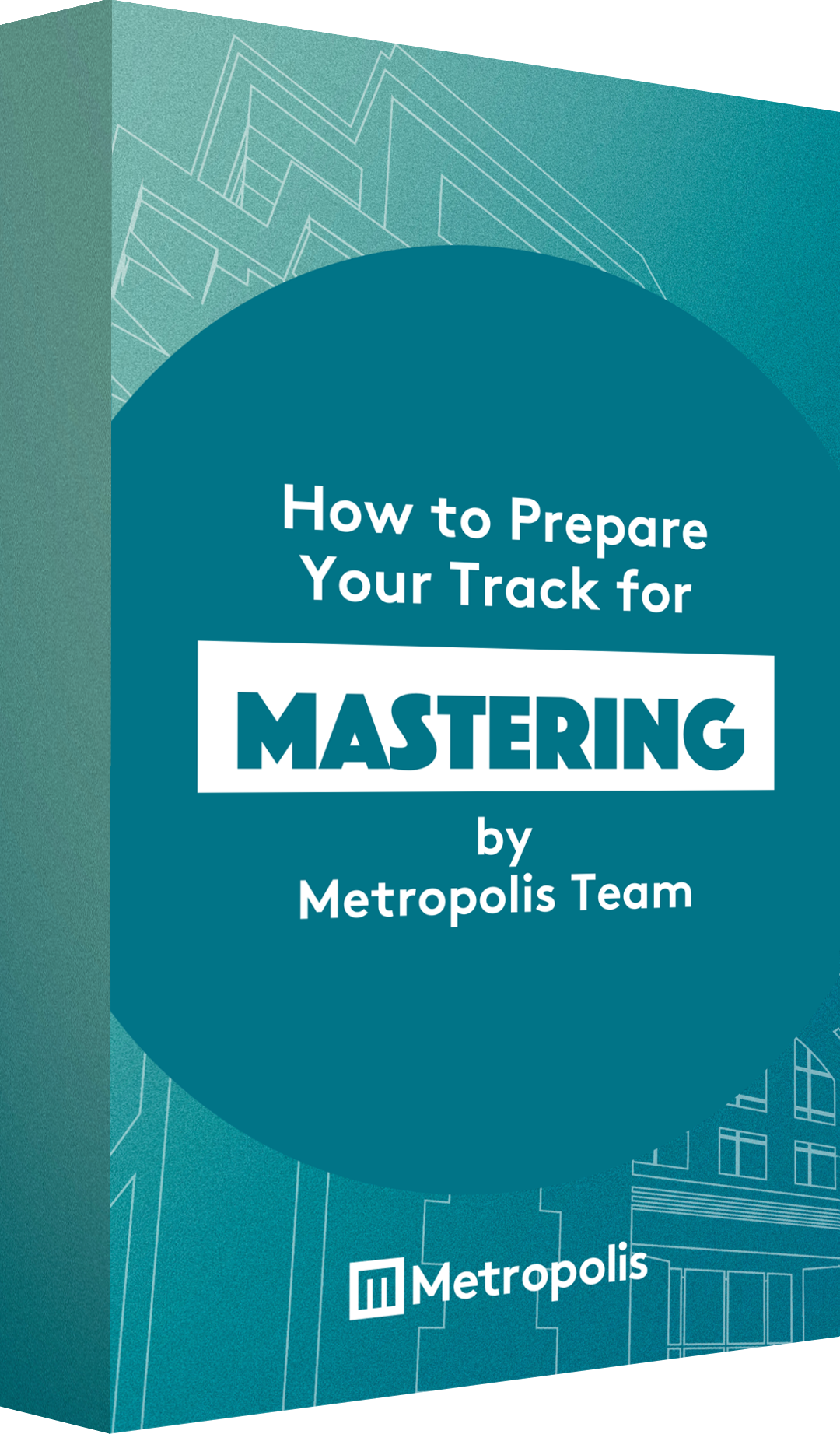
Share this